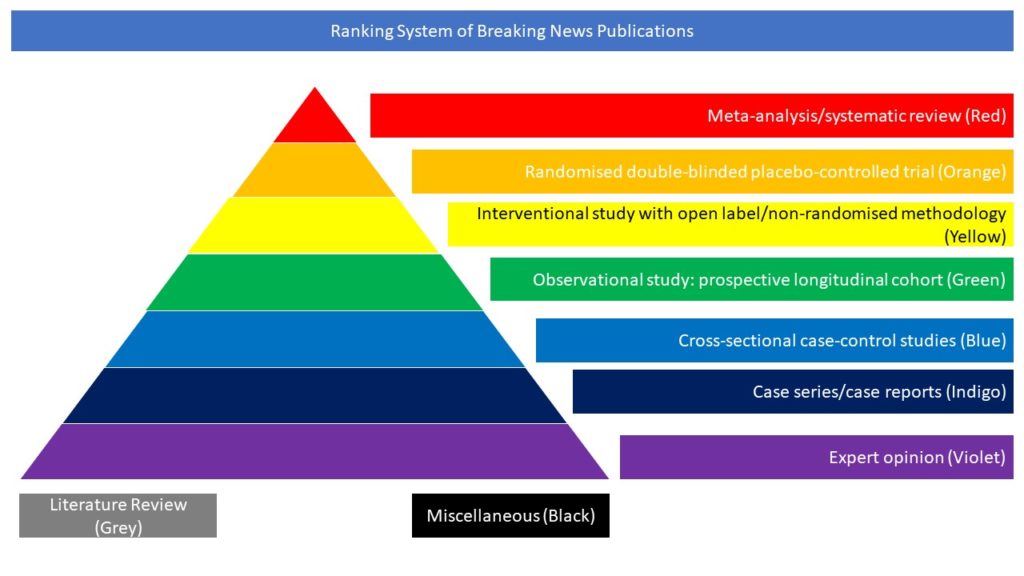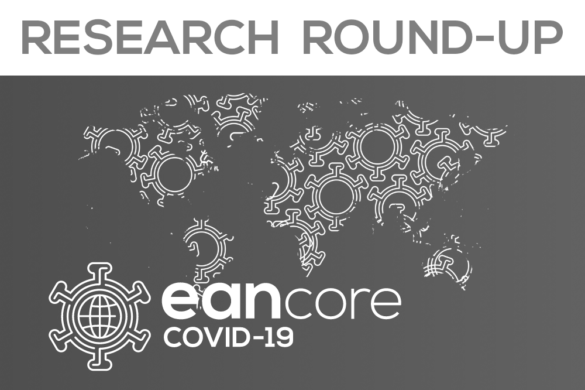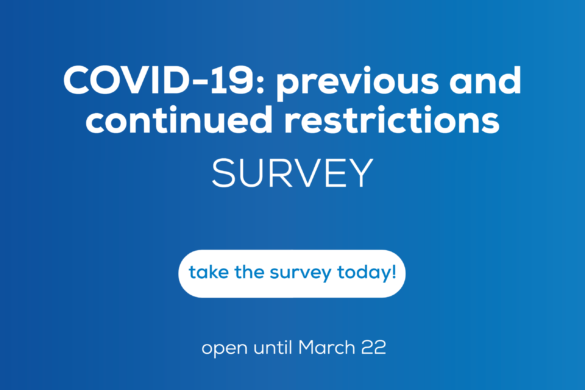Cross-sectional case-control studies (Blue)
Severe COVID-19 pneumonia survivors often exhibit long-term pulmonary sequalae, but the underlying mechanisms or associated local and systemic immune correlates are not known. In this article the authors performed high-dimensional characterization of the pathophysiological and immune traits of aged COVID-19 convalescents, and correlated the local and systemic immune profiles with pulmonary function and lung imaging. They found that chronic lung impairment was accompanied by persistent respiratory immune alterations showing that functional SARS-CoV-2-specific memory T and B cells were enriched at the site of infection compared to those of blood. Detailed evaluation of the lung immune compartment revealed dysregulated respiratory CD8+ T cell responses were associated with the impaired lung function following acute COVID-19. Single cell transcriptomic analysis identified the potential pathogenic subsets of respiratory CD8+ T cells contributing to persistent tissue conditions following COVID-19. The authors concluded that their results have revealed pathophysiological and immune traits that may support the development of lung sequelae following SARS-CoV-2 pneumonia in older individuals, with implications for the treatment of chronic COVID-19 symptoms.
Cheon IS, Li C, Son YM, Goplen NP, Wu Y, Cassmann T, Wang Z, Wei X, Tang J, Li Y, Marlow H, Hughes S, Hammel L, Cox TM, Goddery E, Ayasoufi K, Weiskopf D, Boonyaratanakornkit J, Dong H, Li H, Chakraborty R, Johnson AJ, Edell E, Taylor JJ, Kaplan MH, Sette A, Bartholmai BJ, Kern R, Vassallo R, Sun J. Immune signatures underlying post-acute COVID-19 lung sequelae. Sci Immunol. 2021 Sep 30:eabk1741. doi: 10.1126/sciimmunol.abk1741.









